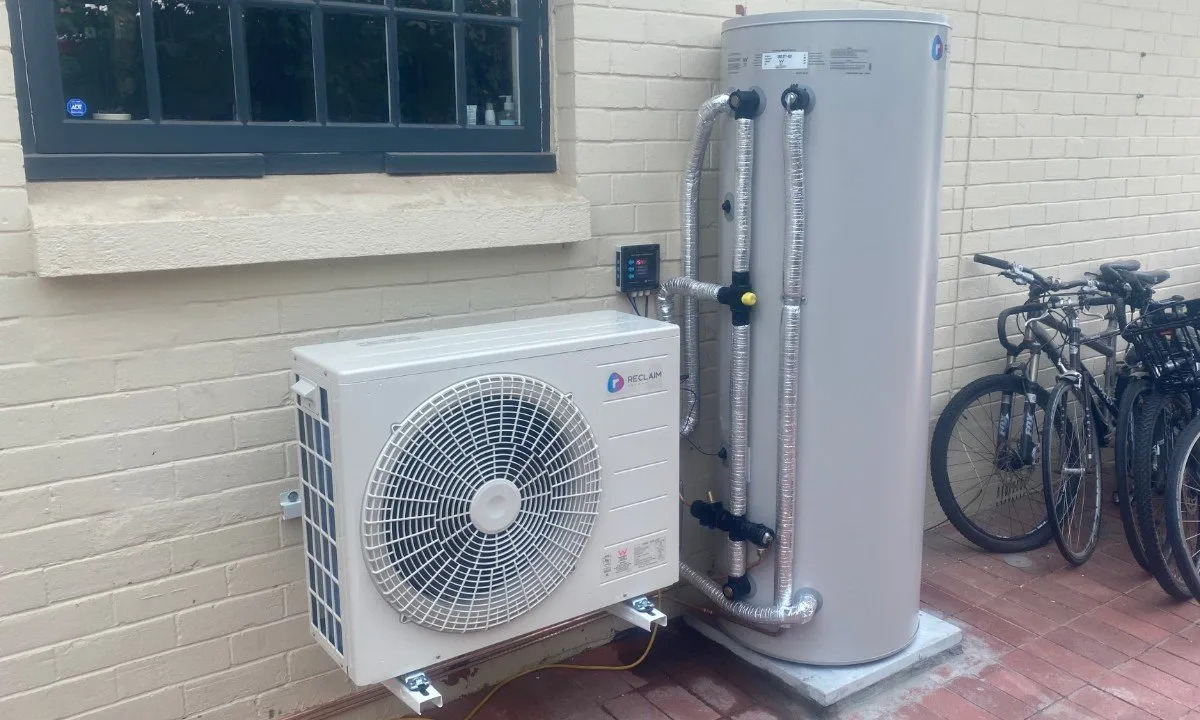

Articles
How Does Heat Pump Water Heater Work
Modified: December 7, 2023
Discover how heat pump water heaters work with this informative articles. Learn about the technology and benefits of using heat pump water heaters for your home.
(Many of the links in this article redirect to a specific reviewed product. Your purchase of these products through affiliate links helps to generate commission for Storables.com, at no extra cost. Learn more)
Introduction
A heat pump water heater is an innovative and efficient solution for heating water in residential and commercial settings. With the rising costs of energy and increased environmental awareness, many people are opting for more sustainable and cost-effective alternatives to traditional methods of heating water. A heat pump water heater provides an excellent option to fulfill these requirements.
In this article, we will explore the working principle, components, and advantages of a heat pump water heater. We will also discuss how it saves energy and the factors to consider before installing one. Additionally, we will touch on common issues that may arise with heat pump water heaters and provide troubleshooting tips.
By the end of this article, you will have a comprehensive understanding of how a heat pump water heater functions and why it is a wise investment for your property.
Key Takeaways:
- Heat pump water heaters efficiently transfer heat from the air or ground to heat water, offering energy savings of up to 50%. They are eco-friendly, reliable, and versatile, making them a wise investment for residential and commercial properties.
- Factors such as climate, space, hot water demand, and energy efficiency should be considered before installing a heat pump water heater. Regular maintenance and troubleshooting can ensure optimal performance and longevity of the system.
Read more: How Does A Water Heater Work
What is a heat pump water heater?
A heat pump water heater is a system that uses electricity to move heat from the surrounding air or ground to heat water. It works on the principle of transferring heat energy rather than directly generating heat. This makes it a highly efficient and eco-friendly alternative to conventional electric or gas-powered water heaters.
The heat pump water heater consists of three essential components: the heat pump unit, the storage tank, and the control system.
- The heat pump unit is responsible for extracting heat from the surrounding air or ground. It utilizes refrigerant gas and a compressor to cycle the refrigerant through a series of processes that absorb and release heat energy.
- The storage tank holds the hot water and is typically insulated to minimize heat loss. It can vary in size depending on the household’s hot water demand.
- The control system manages the operation of the heat pump water heater, ensuring efficient heat transfer and maintaining desired water temperatures.
When you turn on the hot water tap, cold water from the main supply enters the storage tank of the heat pump water heater. The heat pump unit then extracts heat from the surrounding air or ground and transfers it to a refrigerant gas inside the system. The heated refrigerant gas undergoes compression, which further increases its temperature. This hot refrigerant gas then passes through a coil inside the storage tank, transferring its heat to the cold water.
As the water absorbs the heat from the refrigerant, it gradually reaches the desired temperature. The cool refrigerant, after transferring its heat to the water, returns to its gaseous state and travels back to the heat pump unit, where the process starts again.
The heat pump water heater operates most efficiently in moderate climates, where the surrounding air or ground temperature is relatively stable. However, even in colder regions, these systems can provide ample hot water, thanks to their advanced technology and insulation.
Overall, a heat pump water heater offers a reliable, energy-efficient, and environmentally friendly method of meeting your hot water needs. It can significantly reduce your energy consumption and lower your utility bills while minimizing carbon emissions.
The basic working principle of a heat pump water heater
A heat pump water heater operates on the basic principle of heat transfer. It uses electricity to move heat from one place to another rather than generating heat directly. This efficient technology enables the heat pump water heater to provide hot water while consuming significantly less energy compared to traditional water heaters.
The working principle of a heat pump water heater involves four main stages: the energy source, the heat collection, the heat transfer, and the heat distribution.
1. Energy Source: The energy source for a heat pump water heater is the surrounding air or ground. These sources serve as the primary heat reservoirs. The heat pump unit extracts heat energy from these sources to heat the water.
2. Heat Collection: The heat pump unit contains a refrigerant gas that plays a crucial role in the heat collection process. The gas is in a low-pressure, low-temperature state. As the refrigerant gas comes into contact with the surrounding air or ground, it absorbs heat energy through a heat exchanger.
3. Heat Transfer: Once the refrigerant gas absorbs heat energy, it undergoes compression using a compressor. This compression increases the temperature and pressure of the gas. The hot, high-pressure refrigerant gas then flows through another heat exchanger, known as the condenser. Inside the condenser, the refrigerant gas transfers its heat energy to the cold water circulating through pipes or coils. As a result, the water is heated.
4. Heat Distribution: The heated water is stored in a storage tank, where it remains available for use. The heat distribution system ensures that the hot water reaches the desired taps or fixtures when needed.
Throughout this process, the heat pump unit works in coordination with a control system, which monitors and regulates the operation for optimal efficiency. The control system ensures that the heat pump only operates when necessary and adjusts the settings based on the water demand and desired temperature.
The basic working principle of a heat pump water heater allows it to transfer heat from the surrounding air or ground to provide hot water efficiently. Unlike conventional water heaters that rely on direct heat generation, a heat pump water heater utilizes available heat sources, resulting in energy savings and reduced carbon emissions.
It’s important to note that the efficiency and performance of a heat pump water heater can vary depending on factors such as the climate, installation quality, and maintenance. Regular maintenance and proper insulation of the storage tank can further optimize the efficiency of the system.
Components of a heat pump water heater
A heat pump water heater is made up of several key components that work together to efficiently heat and distribute hot water. Understanding these components will give you a clearer understanding of how the system operates.
1. Heat Pump Unit: This is the heart of the heat pump water heater. It consists of a compressor, an evaporator, and a condenser. The compressor is responsible for compressing the refrigerant gas, increasing its temperature and pressure. The evaporator absorbs heat energy from the surrounding air or ground, while the condenser transfers the heat to the water.
2. Storage Tank: The storage tank holds the heated water until it is needed. It is typically insulated to prevent heat loss and maintain the temperature of the stored water.
3. Control System: The control system regulates the operation of the heat pump water heater. It monitors the temperature of the water in the storage tank and adjusts the heat pump’s operation accordingly to meet the desired temperature.
4. Expansion Valve: The expansion valve controls the flow of the refrigerant gas. It reduces the pressure and temperature of the refrigerant as it enters the evaporator, allowing it to absorb heat from the surroundings.
5. Heat Exchangers: Heat exchangers are responsible for transferring heat between the refrigerant gas and the water. The evaporator acts as a heat exchanger where the refrigerant absorbs heat from the surroundings, while the condenser transfers the heat to the water in the storage tank.
6. Air Filter: An air filter is used to remove dust and debris from the air before it enters the heat pump unit. This helps to prevent clogging and maintain the efficiency of the system.
7. Pressure Relief Valve: The pressure relief valve protects the heat pump water heater from excessive pressure buildup. It automatically releases pressure if it exceeds safe levels.
8. Electric Resistance Backup: Some heat pump water heaters have an electric resistance backup system. This system provides supplemental heating when the heat pump alone cannot meet the desired water temperature or when the ambient air temperature is too low for effective heat transfer.
These components work together in a coordinated manner to ensure the efficient operation of the heat pump water heater. Each component has a specific role in the heat transfer process, resulting in a reliable and energy-efficient solution for heating water.
When considering a heat pump water heater for your property, it is important to ensure that you choose a reputable brand and look for high-quality components. Regular maintenance and proper care of these components will help prolong the lifespan of your heat pump water heater and optimize its performance.
Heat transfer process in a heat pump water heater
The heat transfer process is a critical aspect of a heat pump water heater’s operation. It involves the movement and transfer of heat energy from the surrounding air or ground to the water in the storage tank. Understanding how this process occurs will give you insight into the efficiency and effectiveness of a heat pump water heater.
The heat transfer process in a heat pump water heater can be broken down into three main stages: heat absorption, heat compression, and heat distribution.
1. Heat Absorption: The heat pump water heater extracts heat energy from the surrounding air or ground. This is achieved through the evaporation of a refrigerant gas inside the evaporator coil. As the temperature of the refrigerant is lower than the surrounding air or ground, it absorbs heat energy from its surroundings. This heat absorption process cools the surrounding air or ground while heating up the refrigerant gas.
2. Heat Compression: Once the refrigerant gas has absorbed heat from the surroundings, it is then compressed by the compressor. This compression process increases the temperature and pressure of the gas. As a result, the refrigerant gas becomes hot and high in energy.
3. Heat Distribution: The hot, high-energy refrigerant gas then passes through the condenser coil, where it releases its heat energy to the water in the storage tank. The condenser coil acts as a heat exchanger, facilitating the transfer of heat from the refrigerant gas to the water. As the heat energy is transferred, the refrigerant gas cools down and reverts to a liquid state.
It’s important to note that the heat transfer process in a heat pump water heater heavily relies on the refrigerant. The refrigerant gas is designed to have properties that enable it to absorb and release heat efficiently. As it cycles through the heat pump unit, it continually undergoes phase changes – from a low-pressure gas to a high-pressure gas to a liquid – allowing for effective heat transfer.
The heat transfer process in a heat pump water heater is continuous, with the refrigerant cycling through the system to maintain a constant supply of hot water. The control system of the heat pump water heater ensures that the heat transfer process is optimized based on the desired water temperature and the surrounding air or ground conditions.
This heat transfer process in a heat pump water heater enables it to provide a steady supply of hot water efficiently and sustainably. By extracting heat energy from the environment, rather than generating heat, a heat pump water heater can achieve high energy efficiency and contribute to reduced energy consumption and lower utility bills.
A heat pump water heater works by transferring heat from the surrounding air to the water in the tank, using a compressor and refrigerant. This makes it more energy efficient than traditional water heaters.
Advantages of using a heat pump water heater
Using a heat pump water heater offers numerous advantages over traditional water heating methods. Let’s explore some of the key benefits that make it a popular choice among homeowners and commercial property owners:
1. Energy Efficiency: Heat pump water heaters are highly energy-efficient, consuming significantly less electricity than conventional water heaters. By transferring heat from the surrounding air or ground, rather than generating heat directly, they can achieve energy savings of up to 50% or more.
2. Cost Savings: Lower energy consumption translates into cost savings on utility bills. While the upfront cost of a heat pump water heater may be higher than a traditional water heater, the long-term savings on energy expenses can be substantial, making it a cost-effective option over time.
3. Environmental Friendliness: Heat pump water heaters are eco-friendly alternatives to traditional water heaters. By utilizing available heat sources and reducing energy consumption, they contribute to lower carbon emissions and a reduced carbon footprint. This makes them an environmentally conscious choice for those seeking to minimize their impact on the environment.
4. Versatility: Heat pump water heaters can be installed in various settings, including residential homes, apartment complexes, and commercial buildings. They are compatible with existing plumbing and can easily replace conventional water heaters without significant modifications.
5. Reliable Performance: Heat pump water heaters are designed to provide a consistent and reliable supply of hot water. With their advanced technology and efficient heat transfer process, they can maintain desired water temperatures even during high-demand periods.
6. Longevity: Heat pump water heaters are built to last. With proper maintenance and care, they can have a longer lifespan compared to traditional water heaters. This means fewer replacements and lower maintenance costs over time.
7. Quiet Operation: Heat pump water heaters operate quietly, producing minimal noise compared to traditional water heaters. This makes them suitable for installation in living spaces without causing disruptions or excessive noise pollution.
8. Government Incentives: In many regions, there are government incentives and rebates available for installing energy-efficient systems such as heat pump water heaters. These incentives can help offset the initial cost and provide additional financial benefits.
9. Flexibility in Installation: Heat pump water heaters can be installed indoors or outdoors, allowing for flexibility based on available space and specific requirements. Outdoor installation eliminates the need for ventilation and provides more options for efficient placement.
Overall, the advantages of using a heat pump water heater, including energy efficiency, cost savings, environmental friendliness, and reliable performance, make it an attractive option for residential and commercial water heating needs. Consider these benefits when making a decision for your home or property, and consult with a professional to determine the best fit for your specific circumstances.
How does a heat pump water heater save energy?
A heat pump water heater saves energy through its unique operational method, which focuses on transferring heat from the surrounding air or ground rather than generating heat directly. This approach offers several energy-saving benefits:
1. Heat Transfer: A heat pump water heater extracts heat energy from the air or ground and transfers it to the water in the storage tank. By utilizing existing heat sources, it can achieve higher energy efficiency compared to conventional water heaters that rely on direct heat generation.
2. Coefficient of Performance (COP): The efficiency of a heat pump water heater is measured by its Coefficient of Performance (COP). The COP is the ratio of heat output (in the form of hot water) to the electricity input. Heat pump water heaters typically have COPs of 2.5 or higher, which means they can produce 2.5 units of heat output for every unit of electricity consumed.
3. Reduced Energy Consumption: By transferring heat rather than generating it, heat pump water heaters consume significantly less electricity. They can reduce energy consumption by up to 50% or more compared to traditional water heaters. This leads to substantial savings on utility bills over the long term.
4. Smart Control Systems: Heat pump water heaters are equipped with intelligent control systems that optimize their operation based on demand and environmental conditions. These systems ensure that the heat pump only operates when necessary and adjusts settings to maintain desired water temperatures efficiently.
5. Heat Recovery: Heat pump water heaters also incorporate heat recovery technology. They recover waste heat from the cooling process and repurpose it to heat water. This further maximizes energy efficiency by utilizing heat that would otherwise be wasted.
6. Variable-Speed Compressors: Many modern heat pump water heaters feature variable-speed compressors. These compressors adjust their speed and output based on the required heating load, matching the system’s performance to the demand. By operating at varying speeds, heat pumps can optimize energy consumption and reduce unnecessary power usage.
7. Improved Insulation: Heat pump water heaters are typically equipped with well-insulated storage tanks to minimize heat loss. This insulation ensures that the heated water remains at the desired temperature over extended periods, reducing the frequency of heating cycles and energy consumption.
By combining these energy-saving features, heat pump water heaters offer a more sustainable and cost-effective alternative to conventional water heaters. Their ability to maximize heat transfer, optimize operations, and reduce energy consumption contributes to significant long-term savings on utility bills and a reduced environmental impact.
It is important to note that the energy-saving potential of a heat pump water heater can vary based on factors such as climate, installation quality, and maintenance. Proper installation and regular maintenance, including insulation checks and filter cleaning, can further enhance energy efficiency and optimize the system’s performance.
Factors to consider before installing a heat pump water heater
Before installing a heat pump water heater, there are several important factors to consider to ensure proper functionality, efficiency, and suitability for your specific needs. Taking these factors into account will help you make an informed decision and maximize the benefits of a heat pump water heater:
1. Climate: The climate of your region plays a significant role in the performance of a heat pump water heater. These systems are most efficient in moderate climates where the air or ground temperature remains relatively stable throughout the year. In colder climates, additional considerations may be necessary, such as the need for a backup heating system or a different type of water heater.
2. Space: Consider the space available for installing a heat pump water heater. These units require adequate space for proper air circulation and ventilation. Additionally, there should be sufficient clearance for servicing and maintenance needs. Determine whether indoor or outdoor installation is more appropriate based on available space and the compatibility of the unit with the installation location.
3. Hot Water Demand: Assess your household’s hot water demand to select an appropriately sized heat pump water heater. Consider the number of occupants, usage patterns, and simultaneous hot water needs. Choosing a size that matches your demand will ensure optimal performance and prevent excessive energy consumption.
4. Energy Efficiency: Evaluate the energy efficiency ratings of different heat pump water heater models. Look for units with high Coefficient of Performance (COP) ratings, which indicate better energy efficiency. Consider ENERGY STAR certified models, as they meet strict efficiency standards and may be eligible for rebates or incentives.
5. Installation Cost and Payback Period: Consider the initial cost of the heat pump water heater, including installation expenses. While these systems may have a higher upfront cost compared to traditional water heaters, calculate the potential energy savings over time to determine the payback period and long-term cost-effectiveness.
6. Maintenance Requirements: Understand the maintenance needs of a heat pump water heater. Regular filter cleaning, inspection of the refrigerant levels, and routine checks for any signs of wear or malfunction are necessary to keep the system operating efficiently. Consider the ease of maintenance and the availability of professional service in your area.
7. Noise Level: Heat pump water heaters generate some noise during operation. Assess whether the noise level is acceptable for your living conditions, especially if the unit will be installed in or near living spaces. Look for models with noise-reducing features or insulation to minimize disturbances.
8. Warranty and Support: Consider the warranty offered by the manufacturer and the availability of customer support. A longer warranty period reflects confidence in the product’s quality and provides assurance for any potential repairs or replacements.
9. Plumbing Compatibility: Ensure that your existing plumbing system is compatible with a heat pump water heater. Consult with a professional plumber to evaluate any necessary modifications or upgrades needed for a seamless installation.
By considering these factors, you can make an informed decision about installing a heat pump water heater that aligns with your specific requirements and maximizes the benefits of energy efficiency and cost savings.
Common issues and troubleshooting tips for heat pump water heaters
While heat pump water heaters are reliable and efficient systems, occasional issues may arise. Being aware of common problems and having troubleshooting knowledge can help you resolve them promptly. Here are some common issues and tips for troubleshooting heat pump water heaters:
1. Insufficient Hot Water: If you are experiencing a lack of hot water, check the temperature settings on the control panel. Ensure that the desired temperature is correctly set. Additionally, verify that the heat pump unit is operating correctly and that there are no issues with the compressor or refrigerant levels. If the problem persists, consult a professional technician for further inspection.
2. Water not reaching desired temperature: If the water is not heating to the desired temperature, check if the air filters and heat exchanger coils are clean. Dirty filters and coils can block heat transfer and reduce the system’s efficiency. Clean or replace filters as needed. If the issue persists, it may indicate a refrigerant leak or a problem with the compressor. Contact a qualified technician for assistance.
3. Noise Issues: Heat pump water heaters typically operate quietly. However, if you are noticing unusual noise, such as loud vibrations or banging sounds, it may indicate loose components or a faulty compressor. Inspect the unit for any loose parts and tighten them if necessary. If the noise continues, consult a professional for diagnosis and repair.
4. Refrigerant Leaks: Refrigerant leaks can prevent the heat pump water heater from functioning properly. Signs of a refrigerant leak include reduced heat output and frozen coils. If you suspect a leak, contact a qualified technician to locate and repair the source of the leak. Do not attempt to handle refrigerant yourself, as it requires specialized training and equipment.
5. Tripped Breakers or Faulty Electrical Connections: If the heat pump water heater fails to start or repeatedly trips the circuit breaker, check the electrical connections for loose or faulty wiring. Ensure that the power supply is properly connected and that the circuit breaker is functioning correctly. If you are unsure or uncomfortable working with electrical components, seek assistance from a professional electrician.
6. Poor Airflow: Insufficient airflow through the heat pump unit can impact its performance. Check for any obstructions or blockages around the unit. Remove any debris, leaves, or other objects that may be obstructing the airflow. Additionally, clean or replace the air filters regularly to ensure optimal airflow and efficient operation.
7. Temperature Fluctuations: If you are experiencing inconsistent water temperature, it may be due to a malfunctioning temperature control sensor or a faulty thermostat. Consult the user manual to locate the temperature control sensor and ensure it is placed correctly. Calibrate or replace the sensor if necessary. If the issue persists, contact a professional technician for further inspection.
Remember, if you encounter any issues with your heat pump water heater and are unsure how to address them, it’s best to consult a qualified technician or contact the manufacturer’s customer support. They can provide expert guidance and assistance based on your specific situation.
Regular maintenance and scheduled inspections can help prevent issues and ensure the optimal performance of your heat pump water heater. Follow manufacturer recommendations for maintenance tasks and consult professionals for any complex repairs or troubleshooting needs.
Read more: How Does Water Pump Work
Conclusion
Heat pump water heaters are an innovative and energy-efficient solution for heating water in residential and commercial settings. By utilizing the heat from the surrounding air or ground, these systems provide reliable hot water while reducing energy consumption and carbon emissions. Understanding the working principles, components, advantages, and considerations of heat pump water heaters is crucial to making an informed decision for your property.
Heat pump water heaters offer several key advantages over traditional water heaters. They are highly energy-efficient, resulting in significant cost savings on utility bills. The eco-friendly nature of these systems contributes to a reduced carbon footprint and a more sustainable future. With their reliable performance, versatile installation options, and compatibility with existing plumbing, heat pump water heaters are a practical choice for various residential and commercial applications.
When considering a heat pump water heater, you must take into account factors such as climate, available space, hot water demand, and initial and long-term costs. Evaluating these factors ensures the system’s suitability for your specific requirements and maximizes the energy-saving potential.
While heat pump water heaters are generally reliable, troubleshooting common issues can help resolve any occasional problems. It’s essential to address issues like insufficient hot water, temperature fluctuations, noise problems, and refrigerant leaks promptly to maintain the system’s efficiency and performance. Regular maintenance, including cleaning filters, inspecting components, and addressing electrical connections, ensures optimal operation and longevity.
In conclusion, heat pump water heaters are an excellent investment for those looking to save energy, reduce costs, and minimize their environmental impact. By harnessing the power of heat transfer, these systems provide a sustainable and efficient solution for all your hot water needs. With proper consideration, installation, and maintenance, a heat pump water heater can deliver years of reliable, energy-efficient, and environmentally friendly hot water for your home or business.
Frequently Asked Questions about How Does Heat Pump Water Heater Work
Was this page helpful?
At Storables.com, we guarantee accurate and reliable information. Our content, validated by Expert Board Contributors, is crafted following stringent Editorial Policies. We're committed to providing you with well-researched, expert-backed insights for all your informational needs.
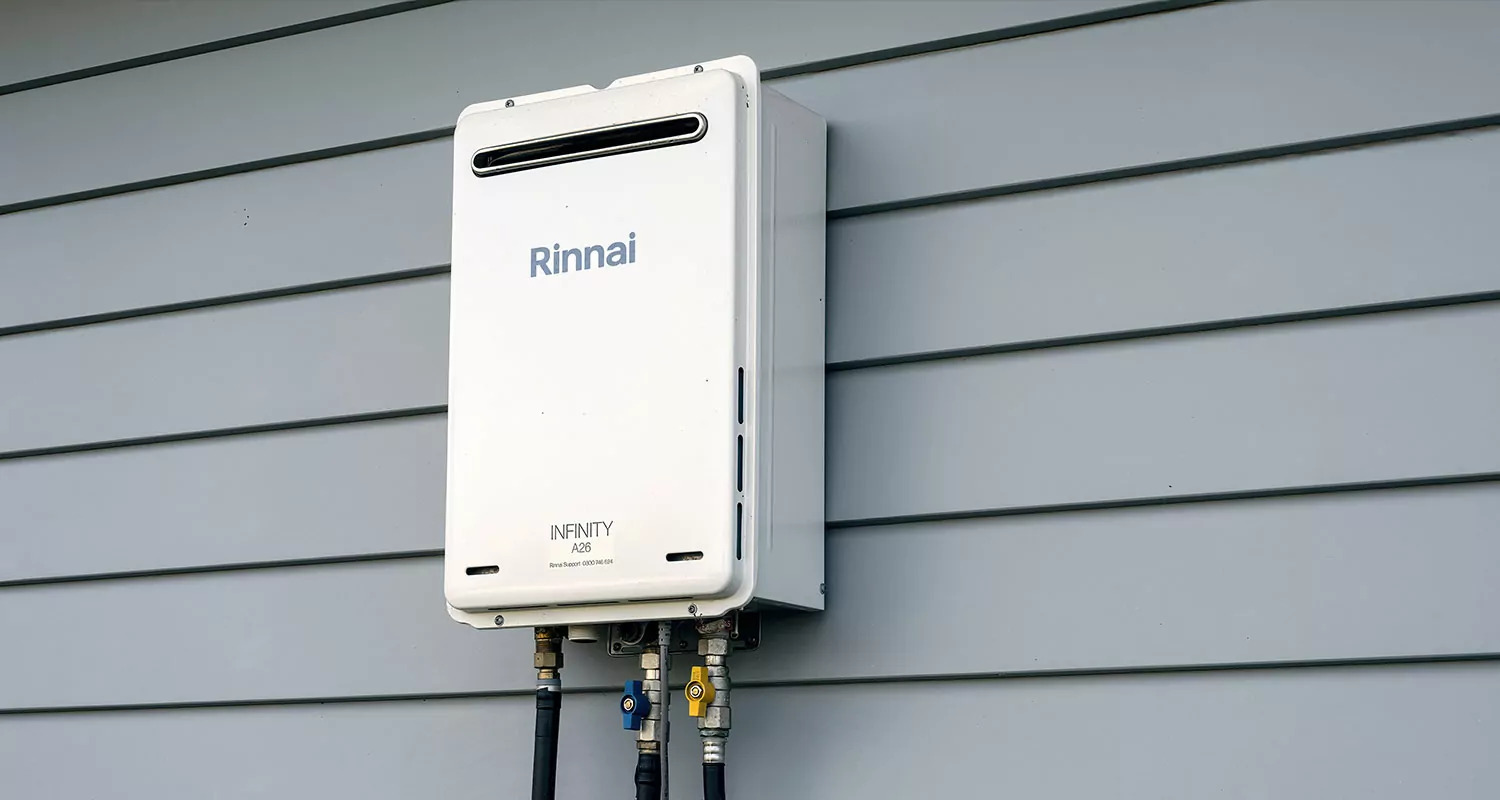
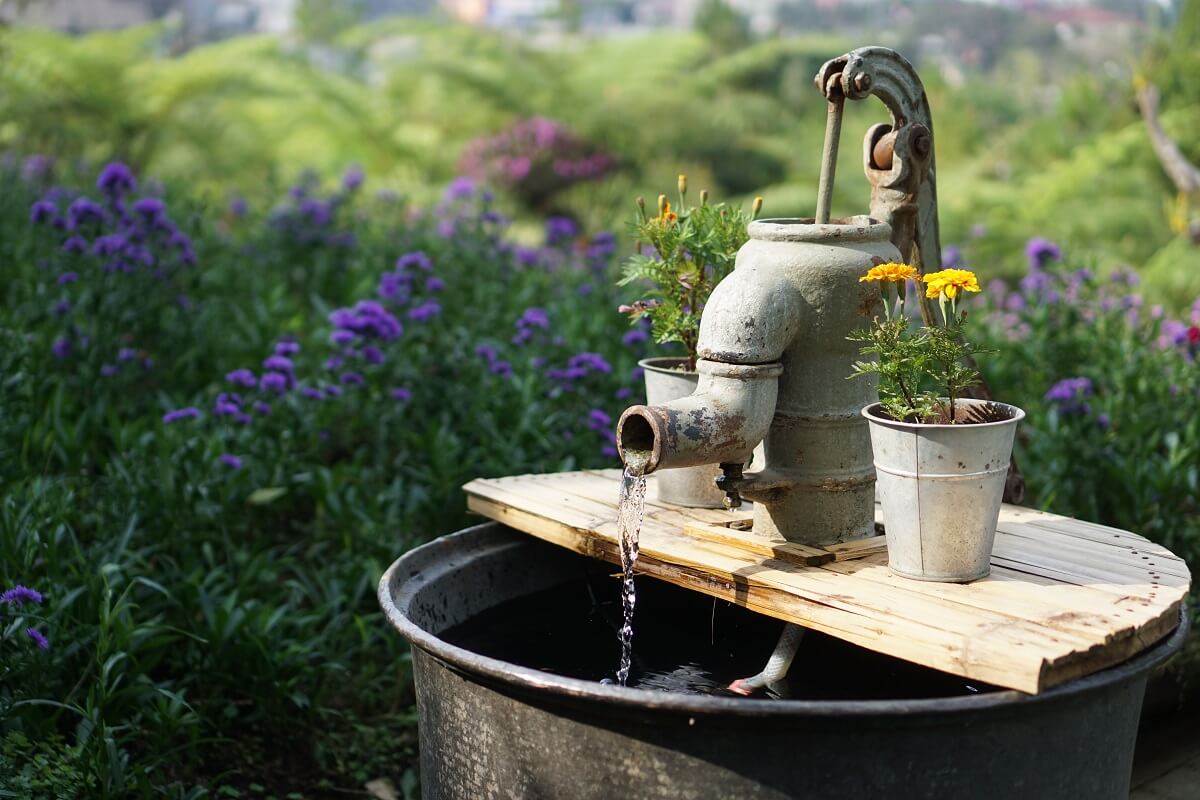
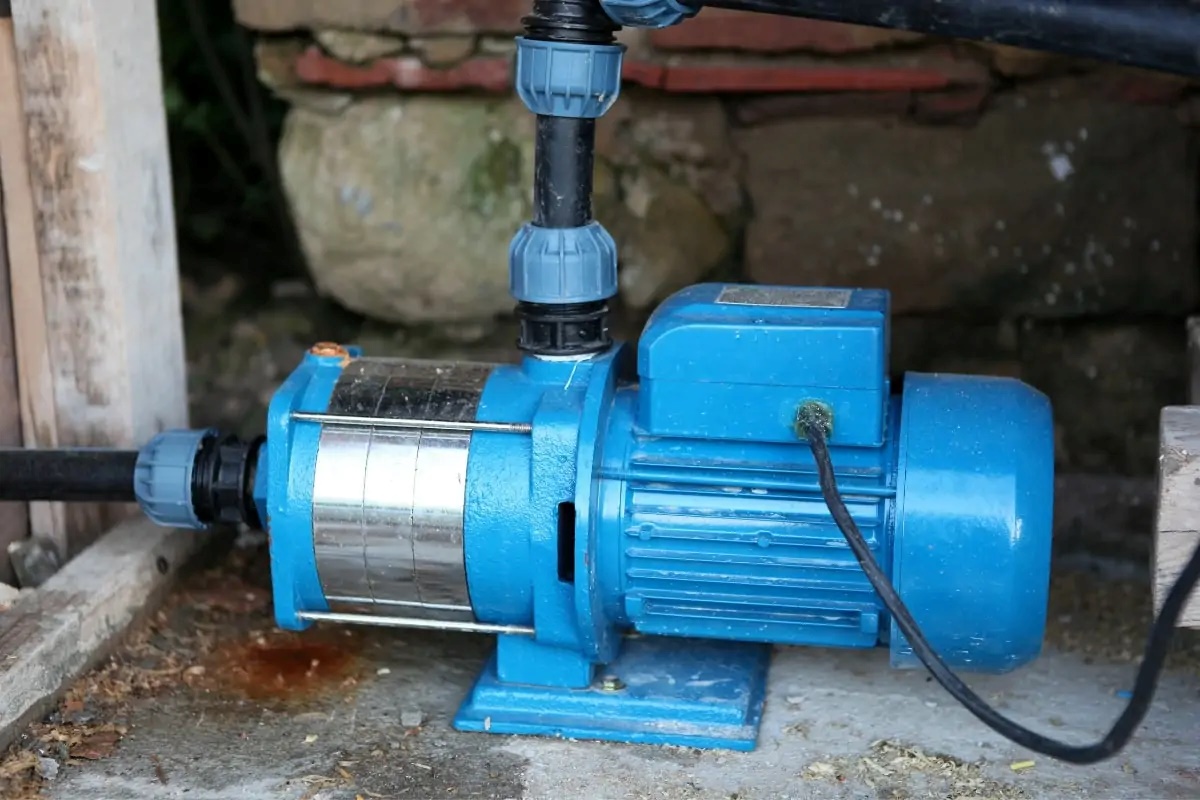
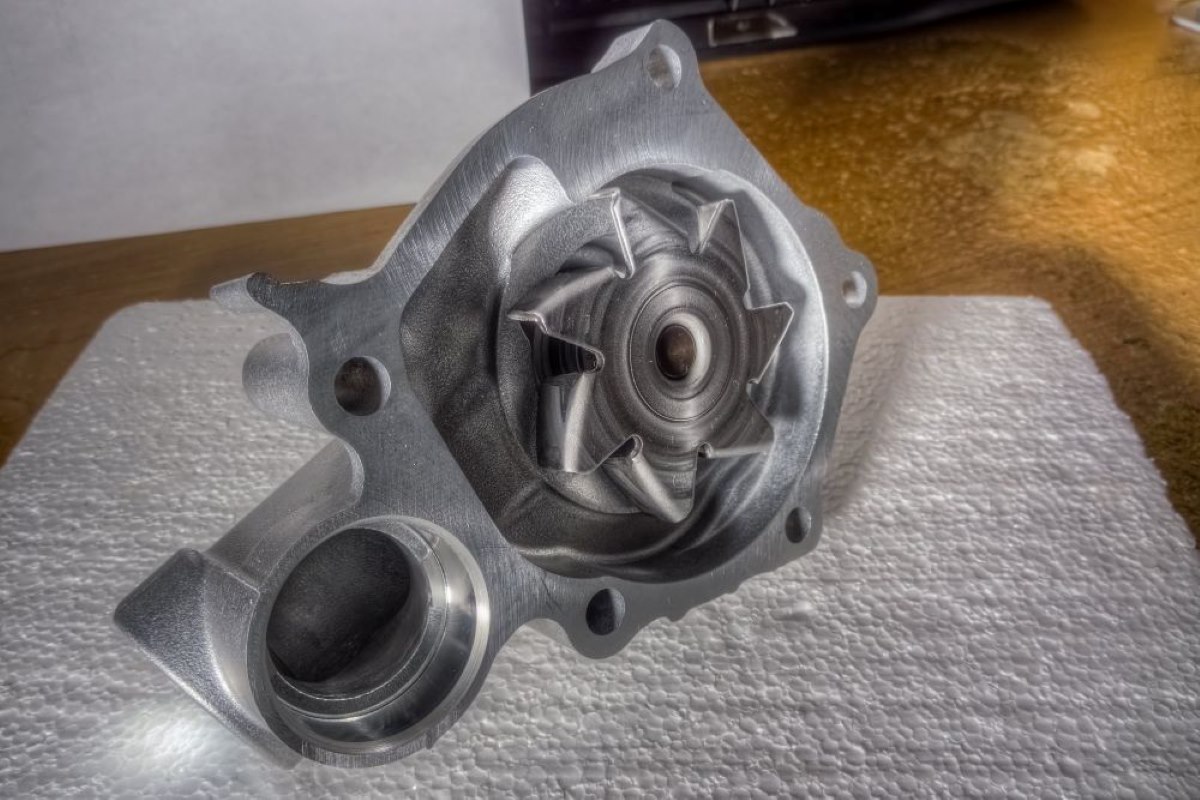
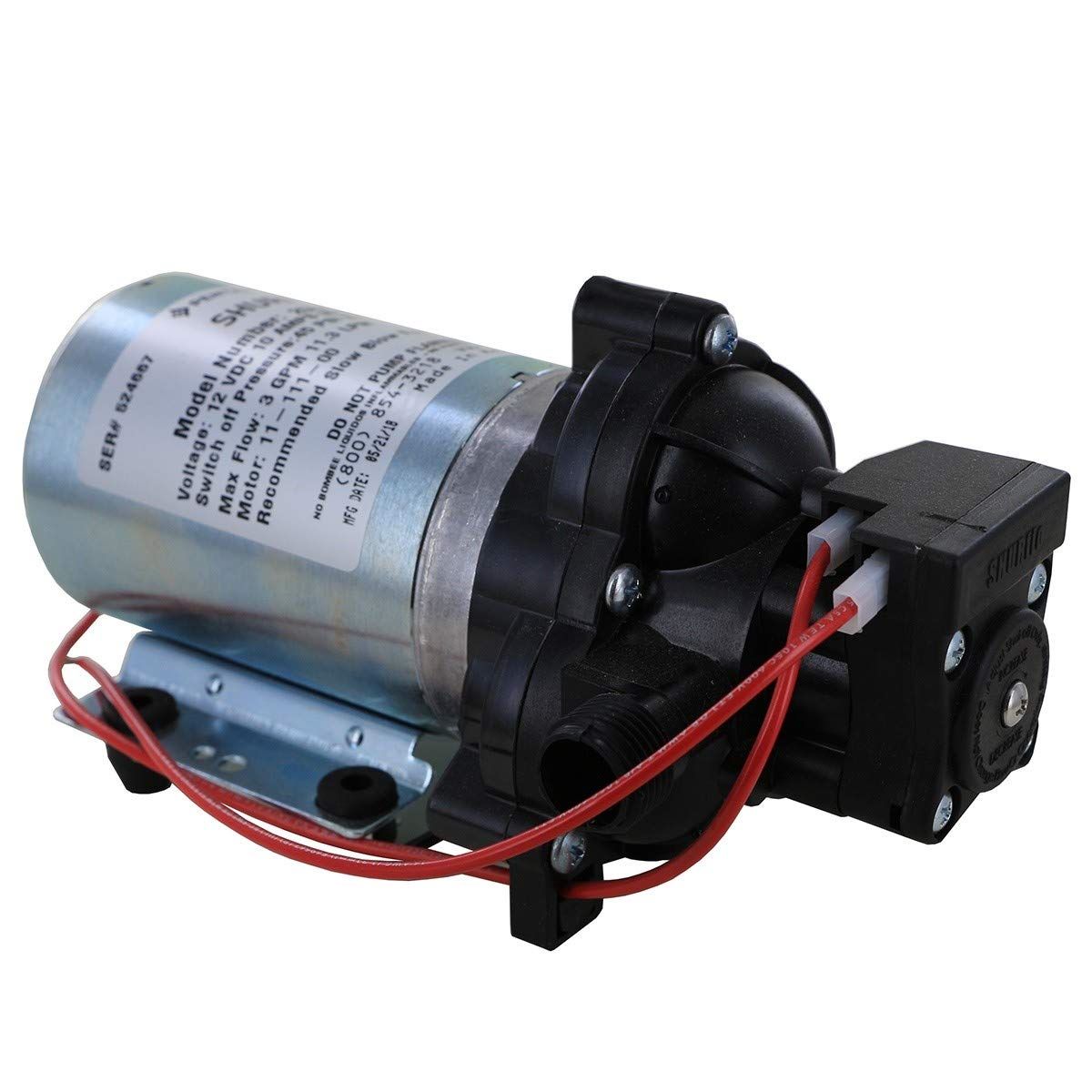
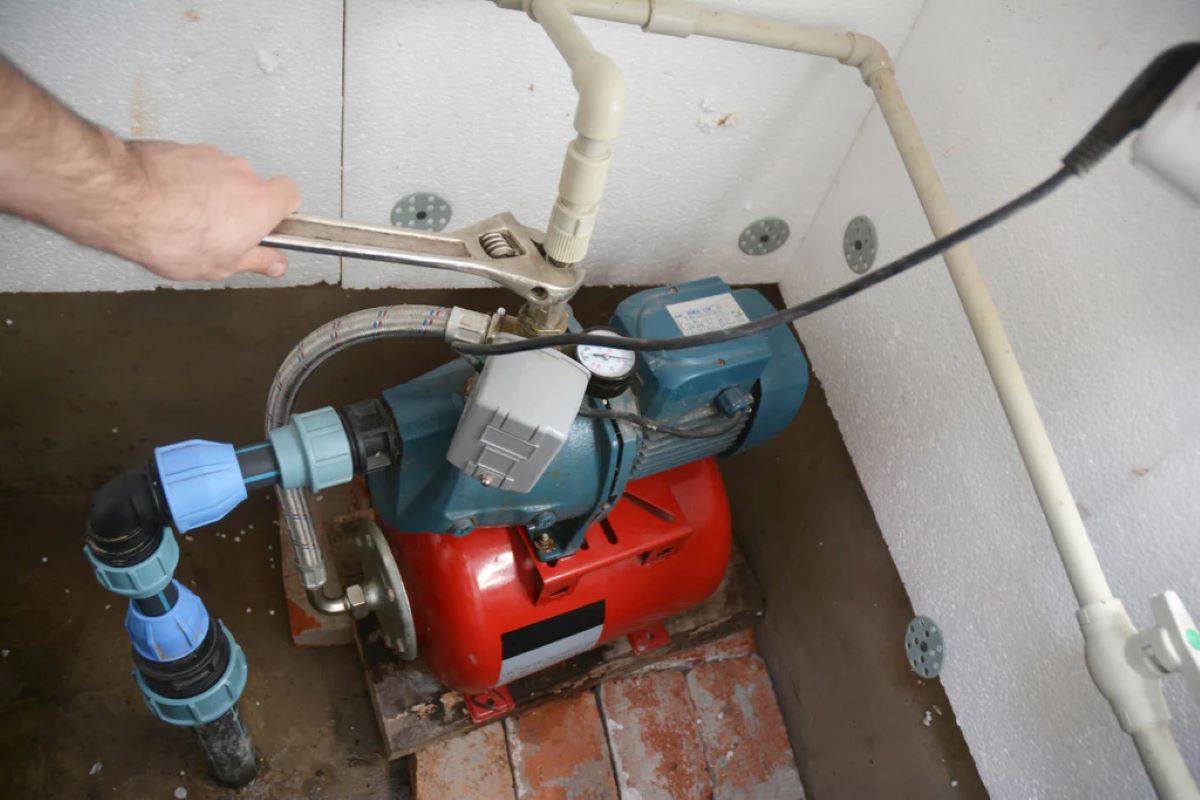
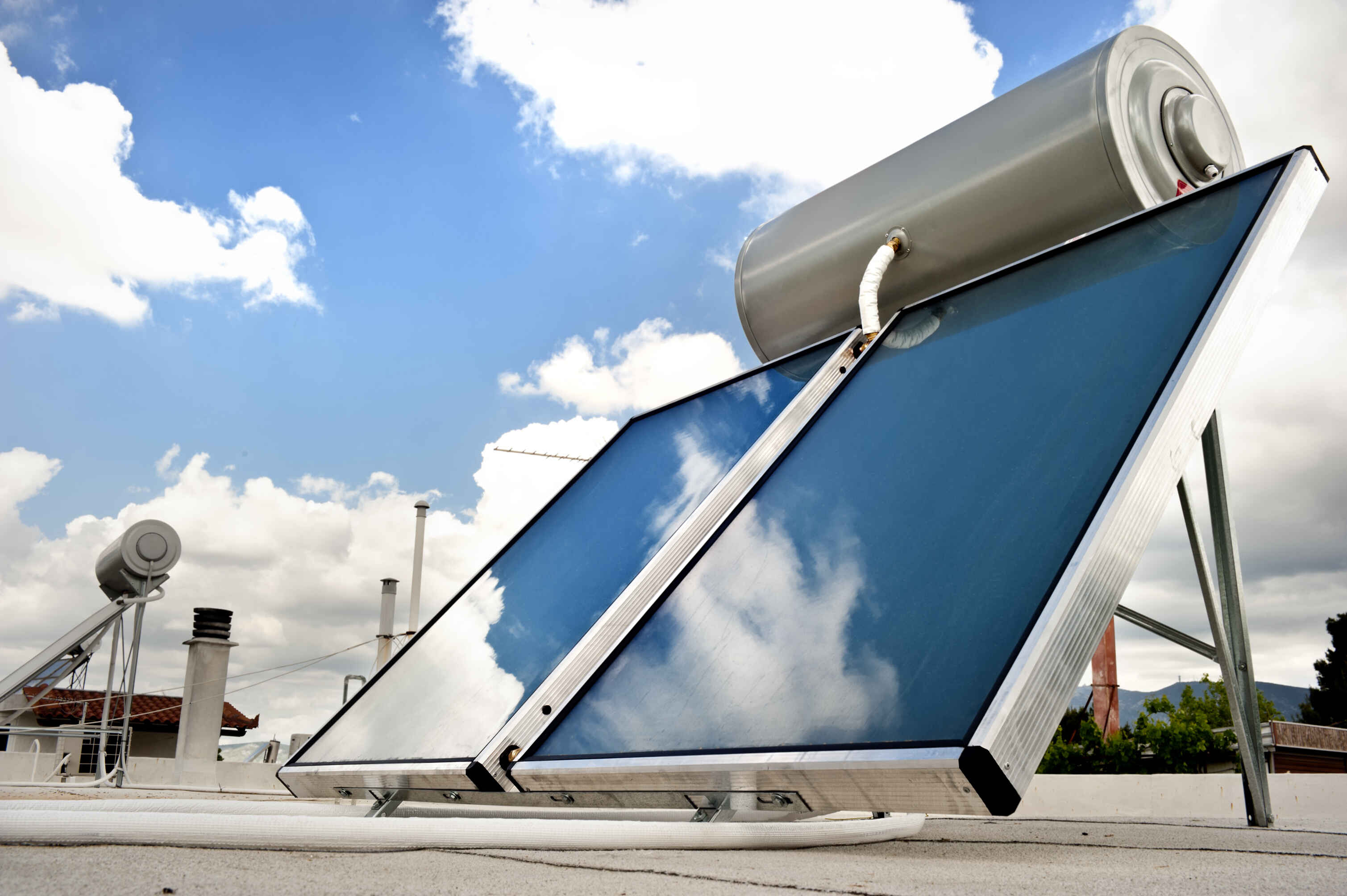
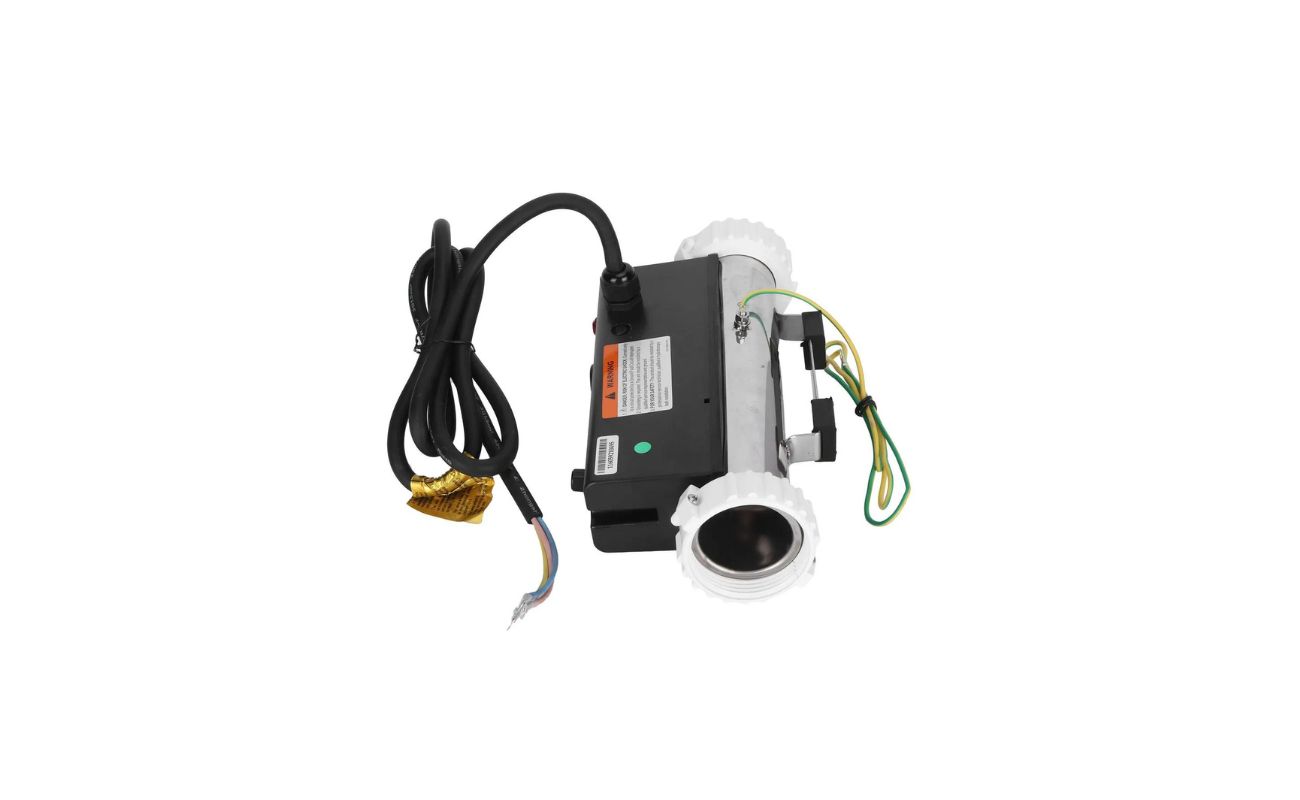
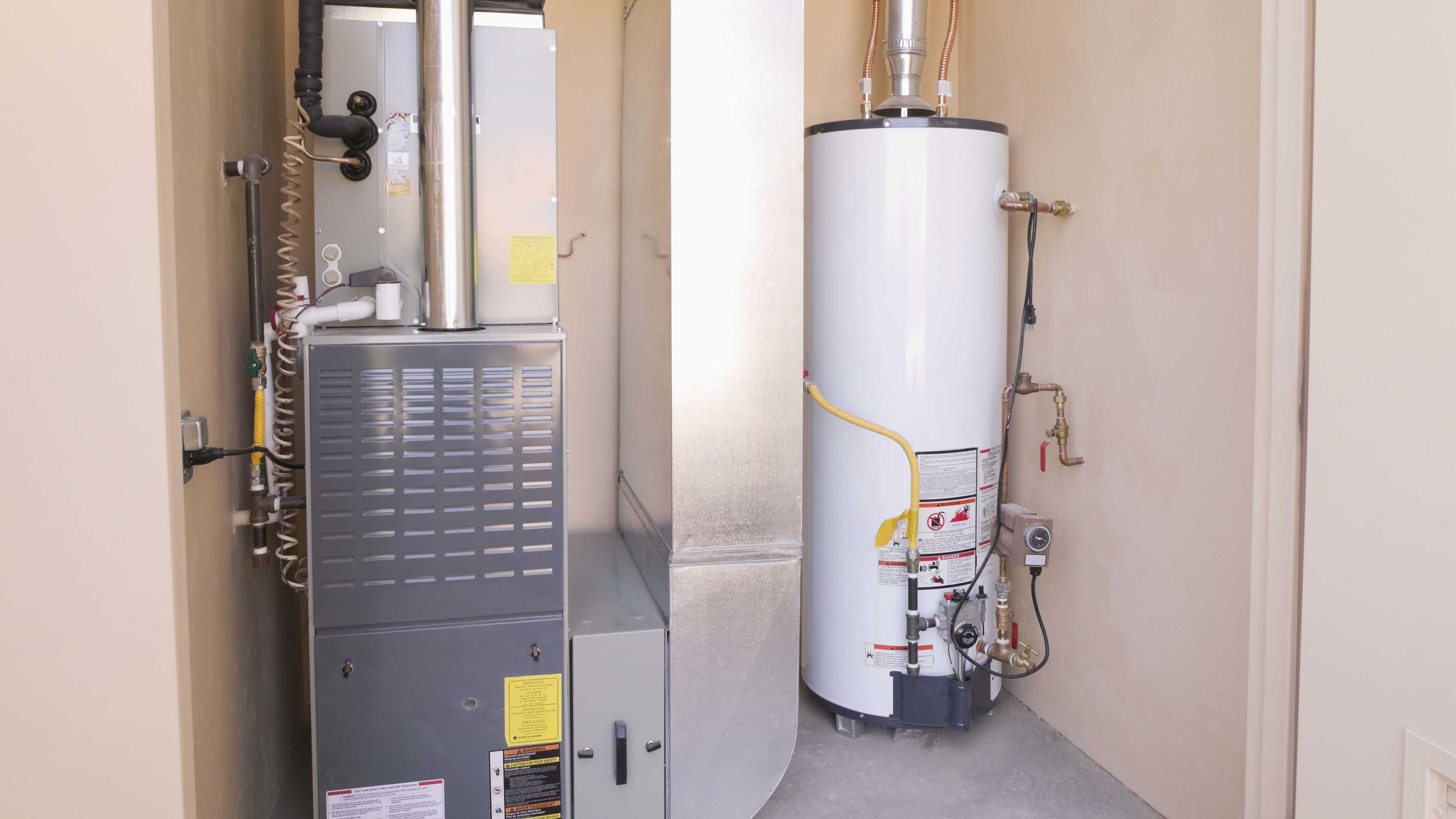
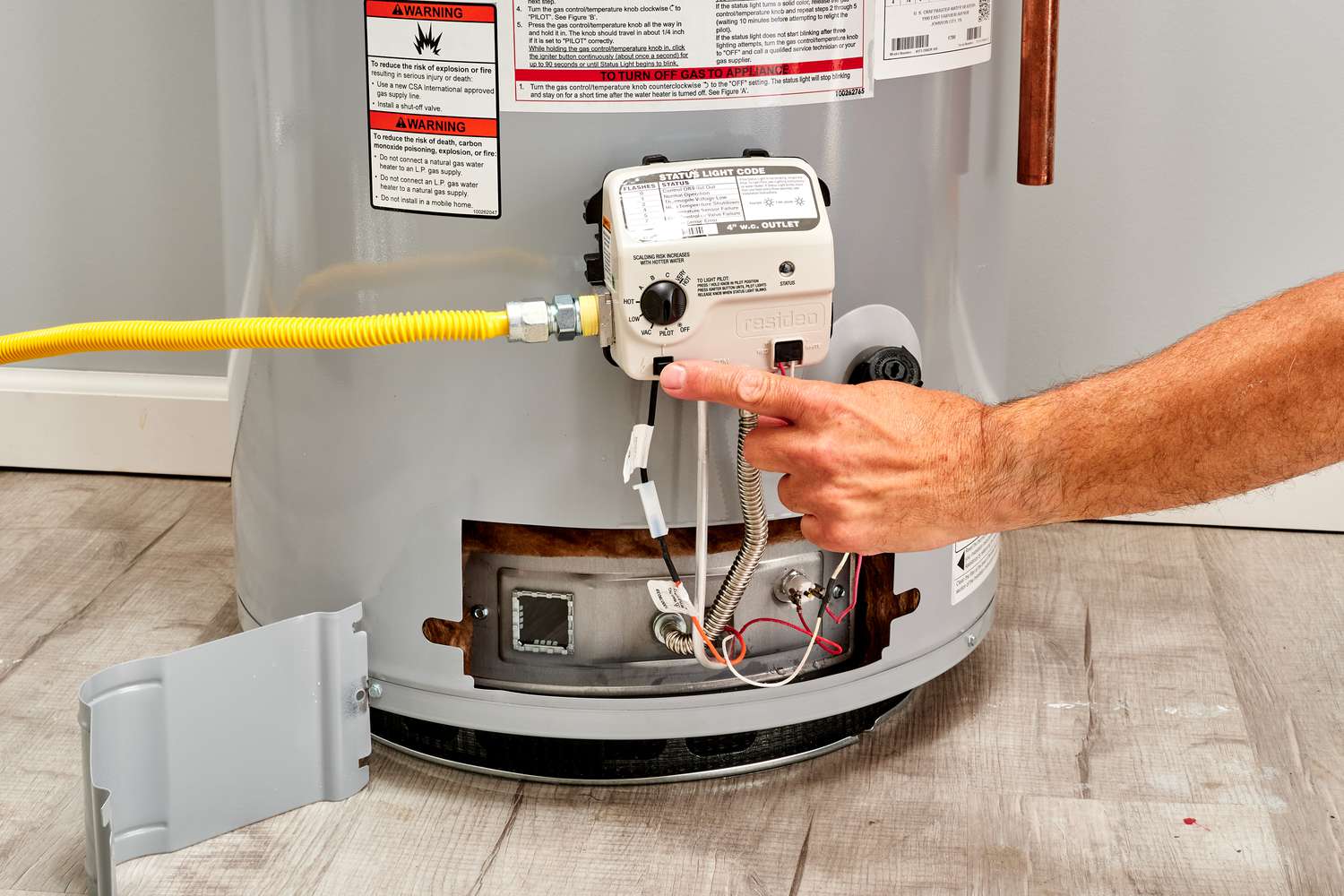
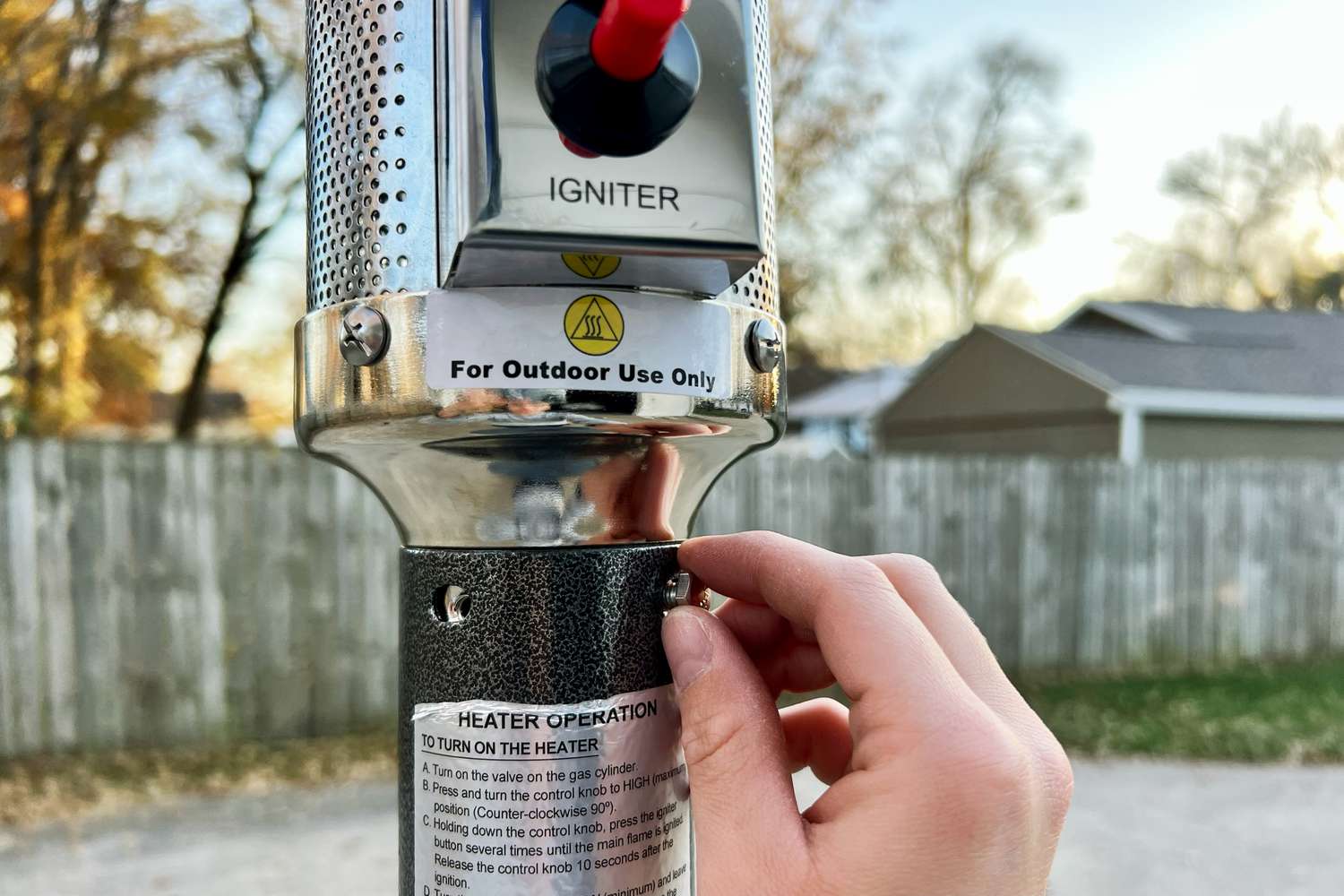
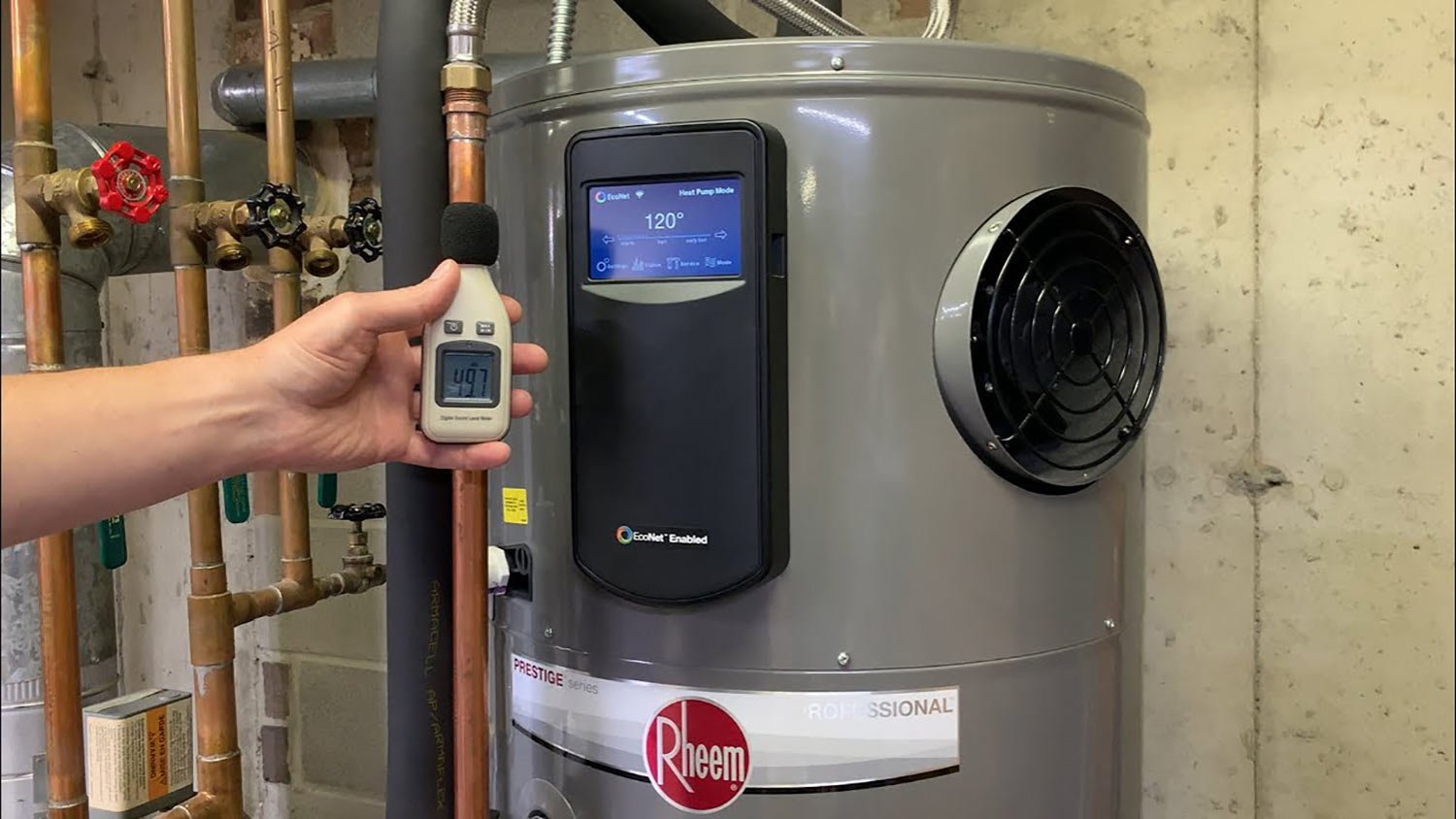
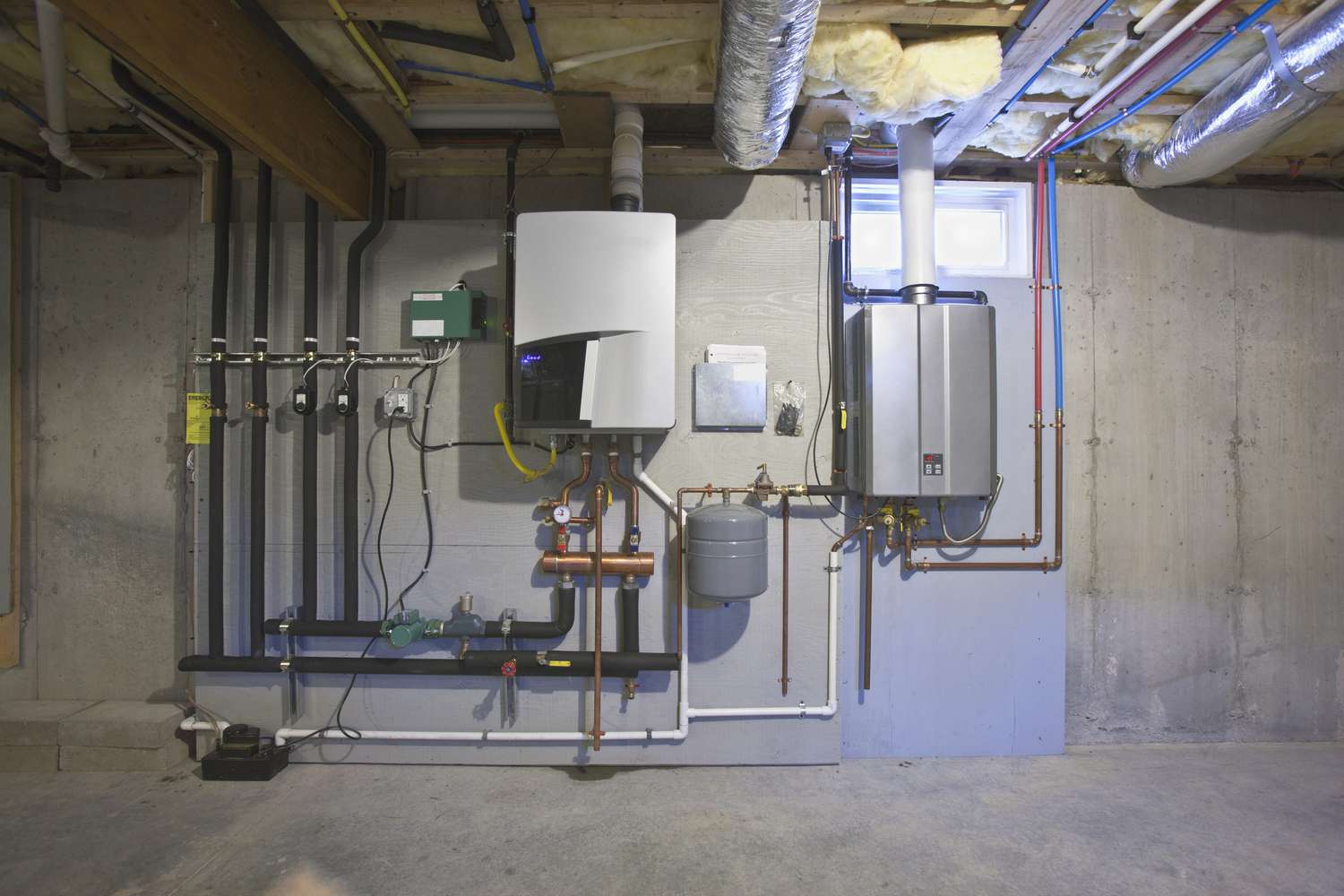

0 thoughts on “How Does Heat Pump Water Heater Work”